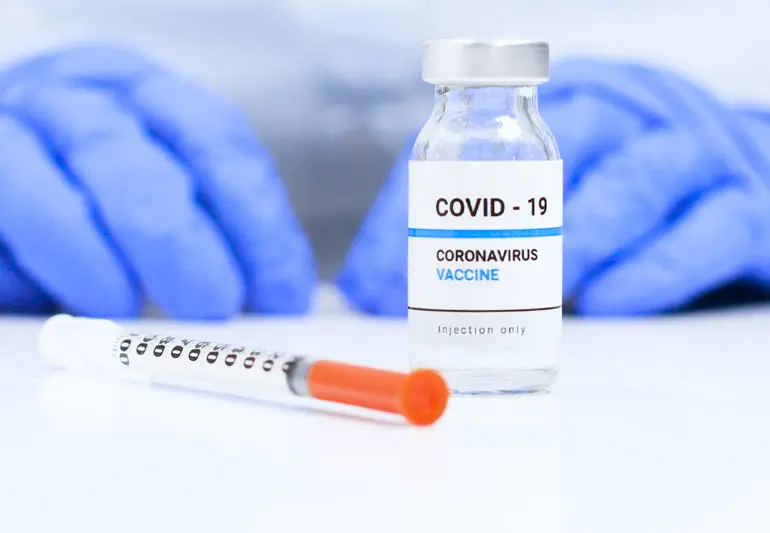- Home
- Medical news & Guidelines
- Anesthesiology
- Cardiology and CTVS
- Critical Care
- Dentistry
- Dermatology
- Diabetes and Endocrinology
- ENT
- Gastroenterology
- Medicine
- Nephrology
- Neurology
- Obstretics-Gynaecology
- Oncology
- Ophthalmology
- Orthopaedics
- Pediatrics-Neonatology
- Psychiatry
- Pulmonology
- Radiology
- Surgery
- Urology
- Laboratory Medicine
- Diet
- Nursing
- Paramedical
- Physiotherapy
- Health news
- Fact Check
- Bone Health Fact Check
- Brain Health Fact Check
- Cancer Related Fact Check
- Child Care Fact Check
- Dental and oral health fact check
- Diabetes and metabolic health fact check
- Diet and Nutrition Fact Check
- Eye and ENT Care Fact Check
- Fitness fact check
- Gut health fact check
- Heart health fact check
- Kidney health fact check
- Medical education fact check
- Men's health fact check
- Respiratory fact check
- Skin and hair care fact check
- Vaccine and Immunization fact check
- Women's health fact check
- AYUSH
- State News
- Andaman and Nicobar Islands
- Andhra Pradesh
- Arunachal Pradesh
- Assam
- Bihar
- Chandigarh
- Chattisgarh
- Dadra and Nagar Haveli
- Daman and Diu
- Delhi
- Goa
- Gujarat
- Haryana
- Himachal Pradesh
- Jammu & Kashmir
- Jharkhand
- Karnataka
- Kerala
- Ladakh
- Lakshadweep
- Madhya Pradesh
- Maharashtra
- Manipur
- Meghalaya
- Mizoram
- Nagaland
- Odisha
- Puducherry
- Punjab
- Rajasthan
- Sikkim
- Tamil Nadu
- Telangana
- Tripura
- Uttar Pradesh
- Uttrakhand
- West Bengal
- Medical Education
- Industry
Science behind "increasing gap between two Covishield vaccine doses to 12-16 weeks

India: A government panel has suggested increasing the gap between two doses of the Covishield COVID-19 vaccine to 12-16 weeks. However, no such changes were suggested for Covaxin which remains at four to six weeks.
The changes, suggested by the National Technical Advisory Group on Immunization will be sent to NEGVA - the National Expert Group on Vaccine Administration - for approval before they are implemented.
The Oxford-AstraZeneca vaccine, manufactured in India by Serum Institute of India and sold as Covishield, showed greater efficacy when the second dose is administered after a gap of 12 weeks, according to a study published in the medical journal Lancet on March 6. Currently, Indians getting the Covishield shot need to get their second prime-booster dose at the four-week mark.
The study results were based on over 17,000 trial participants found that the efficacy of Covishield increased to 81.3 percent if two doses are administered 12 weeks apart compared to 55.1% when two standard doses are administered at a gap of fewer than six weeks.
The study demonstrated that people younger than 55 develop a two-fold antibody response against the virus if the doses were taken 12 weeks apart.
The study was conducted by Ivan F N Hung from The University of Hong Kong, Queen Mary Hospital, Hong Kong Special Administrative Region, China and Gregory A Poland from Mayo Vaccine Research Group, Mayo Clinic, Rochester, USA.
The efficacy was 63·1 percent in those who received two standard doses and 80·7 percent in those who received the low dose plus the standard dose.
"Notably, in exploratory analyses, vaccine efficacy after a single standard dose was 76 percent from Day 22 to Day 90, and antibody levels were maintained during this period with minimal waning," wrote the study authors.
"Overall, the value of this study is in providing evidence that a single dose of the Covishield vaccine is highly efficacious in the 90 days after vaccination, a longer prime-boost interval results in higher vaccine efficacy, and that protection against symptomatic Covid-19 is maintained despite a longer dosing interval," the study elaborated.
Reference:
The study titled, "Single-dose Oxford–AstraZeneca COVID-19 vaccine followed by a 12-week booster," is published in the journal Lancet.
DOI: https://www.thelancet.com/journals/lancet/article/PIIS0140-6736(21)00528-6/fulltext
Dr Kamal Kant Kohli-MBBS, DTCD- a chest specialist with more than 30 years of practice and a flair for writing clinical articles, Dr Kamal Kant Kohli joined Medical Dialogues as a Chief Editor of Medical News. Besides writing articles, as an editor, he proofreads and verifies all the medical content published on Medical Dialogues including those coming from journals, studies,medical conferences,guidelines etc. Email: drkohli@medicaldialogues.in. Contact no. 011-43720751


